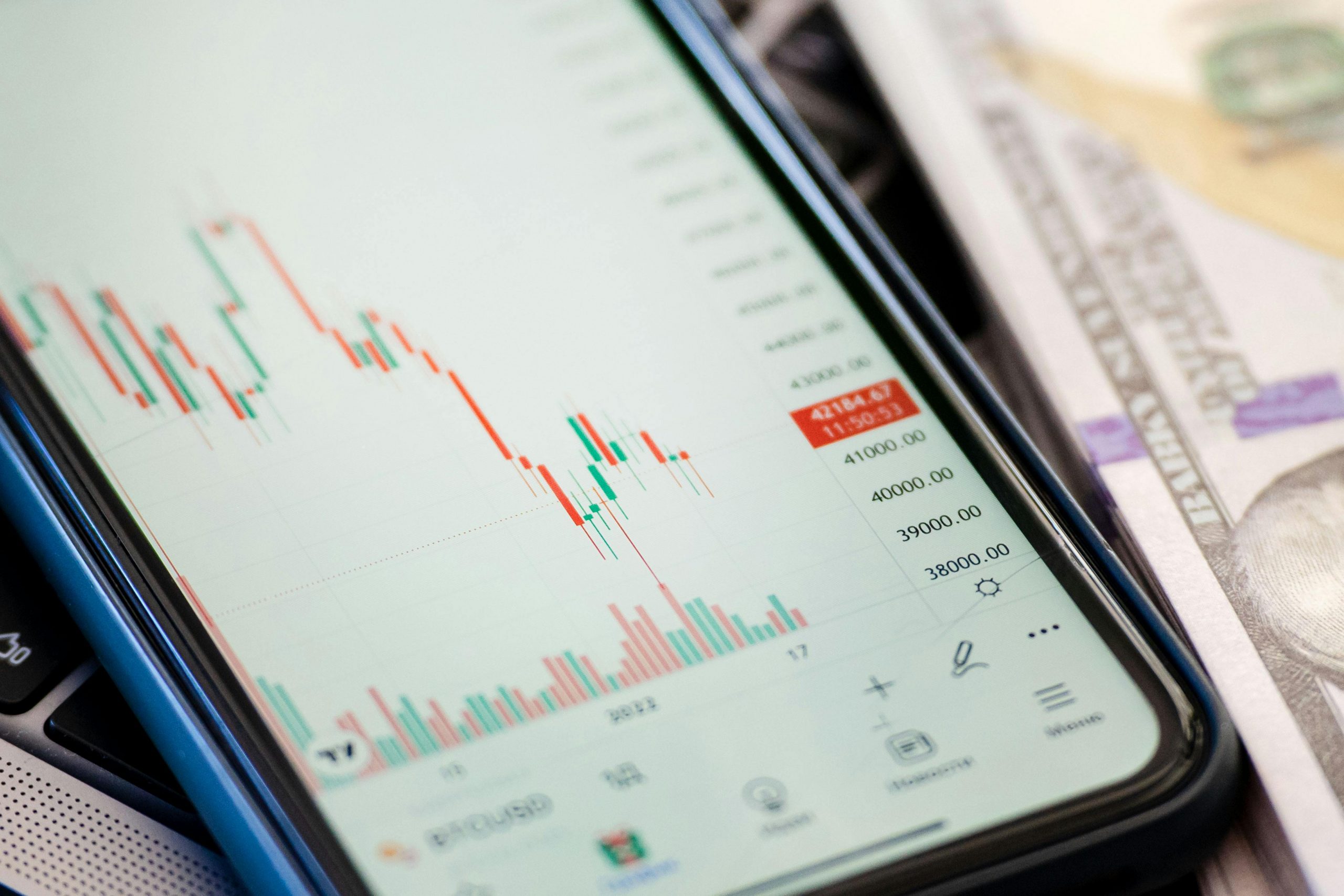Kelly
Editor

The South Korean Won (KRW) has lately eclipsed the US Dollar (USD) as the main fiat currency regarding trading volume on centralised exchanges, marking a significant shift in the global cryptocurrency industry. The Korean Won enabled transactions totalling more than $456 billion in the first quarter of 2024, according to recent research by the financial analytics company Kaiko.
This advantage over the US dollar, which saw trade volumes of almost $455 billion, is a critical turning point for the cryptocurrency market. The intense competition amongst South Korean cryptocurrency exchanges and the deliberate fee reductions that have encouraged increased trading activity are the leading causes of the increase in Won’s trading volume. This incident suggests a potential change in the dynamics of international cryptocurrency trading, highlighting the growing prominence of Asian marketplaces in the space.
The nation’s top blockchain exchanges’ aggressive strategies are mostly to blame for the notable spike in trading volumes of the South Korean Won in the first quarter of 2024. Financial data shows that the Won was able to conduct transactions totalling more than $456 billion, just shy of the $455 billion made with US dollars. This volume increase indicates rising interest and confidence in Won usage for cryptocurrency transactions. According to experts, this upward tendency has mainly been attributed to the ease of dealing in local currency in conjunction with regulatory frameworks that support it. These improvements are crucial because they improve the region’s cryptocurrency market’s stability and liquidity, making it an essential centre for investors worldwide.
The business has changed dramatically due to South Korean cryptocurrency exchanges like Upbit, Bithumb, and Korbit implementing zero-fee trading periods. By removing transaction costs, these tactics were used to draw in more traders and significantly boost trading volumes. This strategy does have some cost implications, though. For example, the zero-fee policy caused one of the biggest exchanges, Bithumb, to see a 60% decline in its yearly profits 2023. Even though the policy is temporary and will be changed by early February 2024, it highlights the careful balance that exchanges must keep between increasing volume and maintaining profitability.
The rise of the Korean Won in the cryptocurrency trading market aligns with more significant global trends reshaping the sector. For instance, it is expected that the recent licencing of three spot Bitcoin and Ether ETFs by Hong Kong’s financial authority will favour Won’s trading volumes. Set to trade on the Hong Kong Stock Exchange, these exchange-traded funds (ETFs) signify essential turning points in adopting and integrating cryptocurrencies into traditional financial markets.
Looking ahead, the Korean Won’s impact on the cryptocurrency trading market is expected to play a significant role in determining the nature of the industry. The way that continuous legislative changes and their interplay with market dynamics will continue to transform the industry landscape in 2024 and beyond is particularly interesting to analysts. The Korean Won’s current dominance in cryptocurrency transactions indicates a more significant trend towards diversifying fiat currencies, which may enhance market stability and liquidity internationally.
The capacity of South Korean exchanges to strike a balance between promoting large trading volumes and effectively controlling their operating costs will determine how long this trend lasts. While increasing transaction volumes, the zero-fee trading model has proven financially taxing for platforms such as Bithumb, which saw a sharp decline in earnings.
Other nations aiming to increase their market share in the cryptocurrency space may find inspiration from South Korea’s circumstances. South Korean exchanges have the potential to stay at the top of the global rankings as favoured trading hubs if they can improve their tactics to sustain high trade volumes without jeopardising their financial stability. This would strengthen the Korean Won’s position and inspire other countries to investigate the same tactics, which could result in a more robust and diverse global cryptocurrency market.